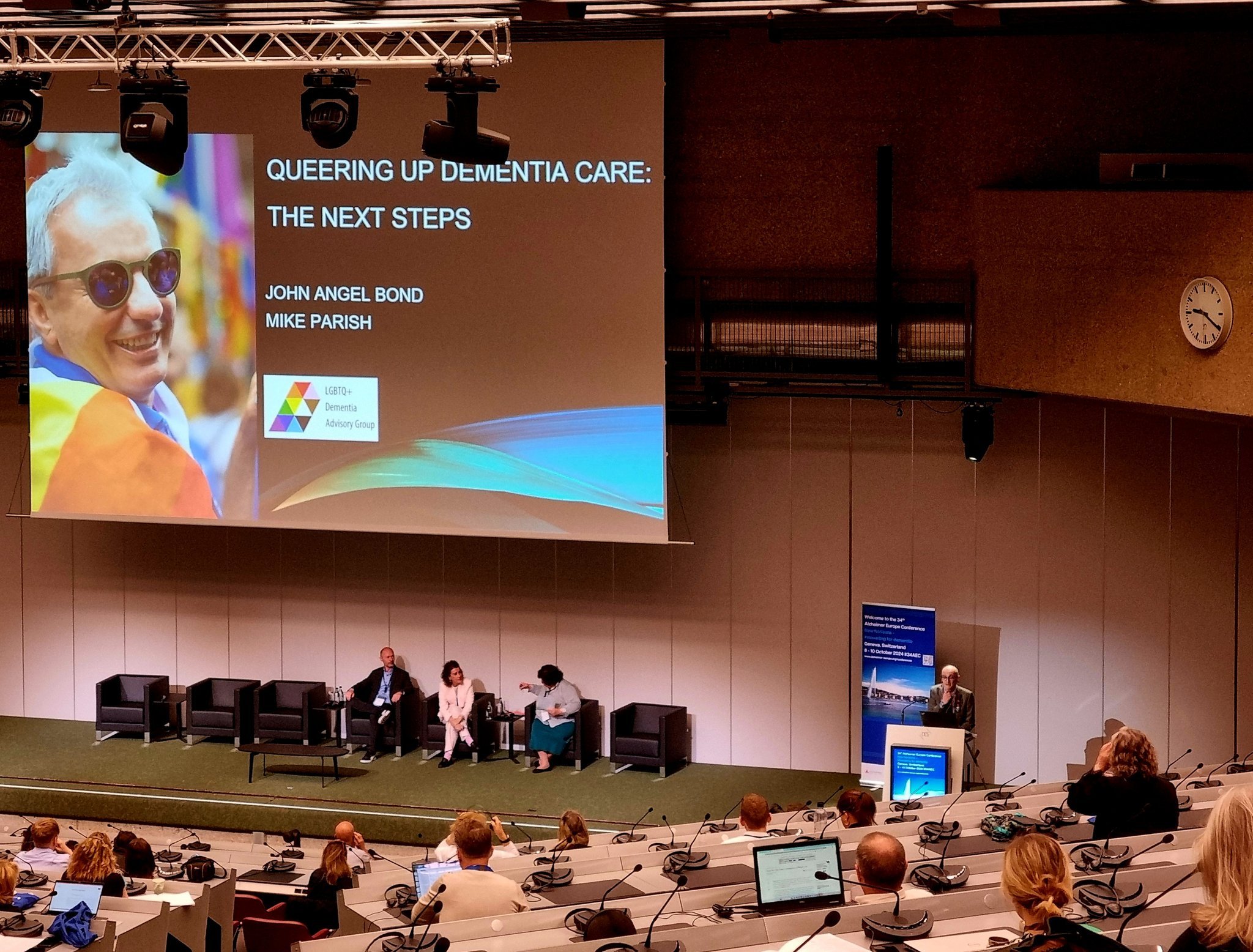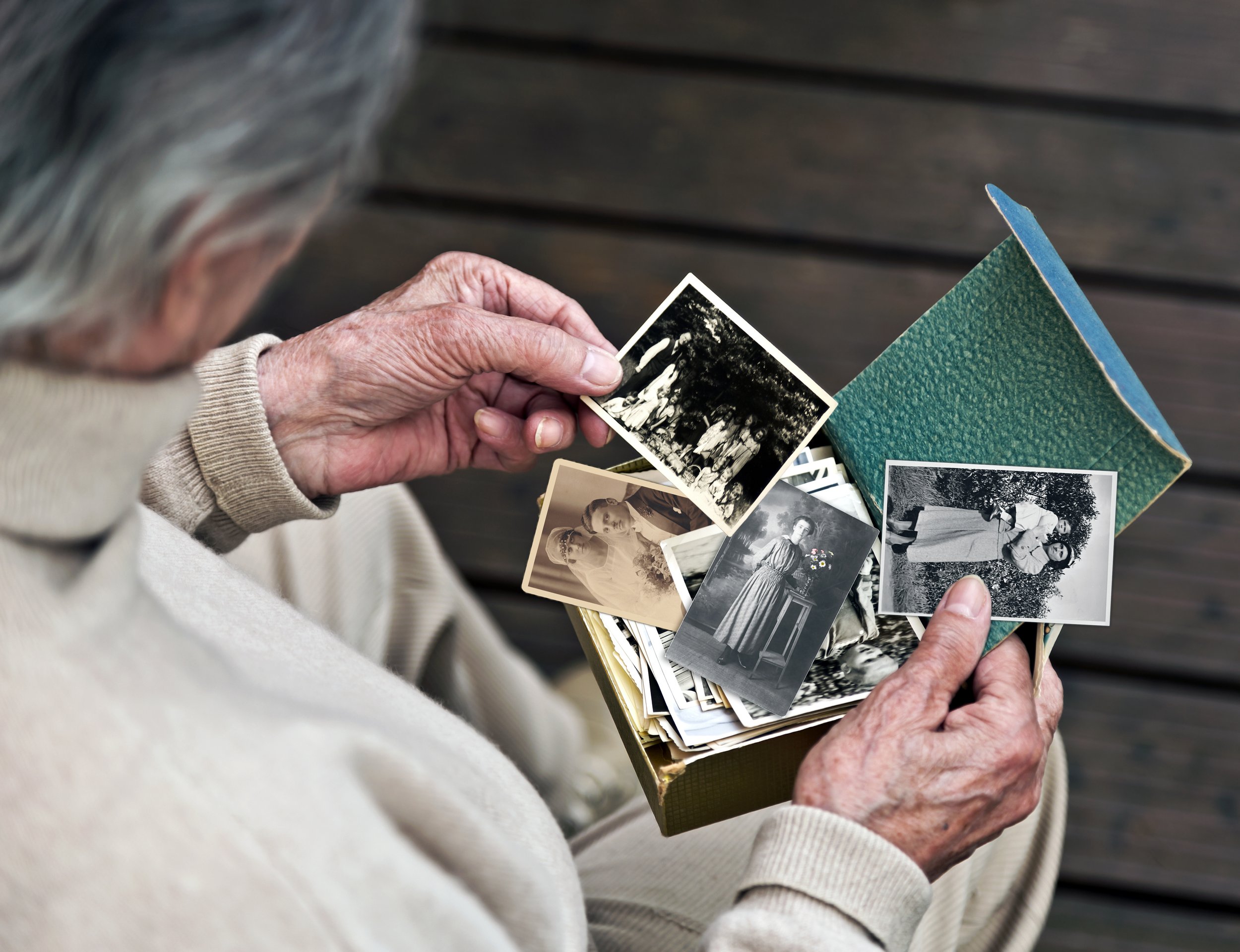News Search
Welcome to our News Search. You have arrived here because you have searched a category, tag, year, or month. Below you can find the results of your search. Alternatively, you can return to the News Page using the button.
Filter by:
Tag
- Additional Support Needs
- Art
- Australia
- Best Practice
- Best Practice in Dementia Care
- CEDAR
- Care
- Carers
- Carers Hub
- Changes in Presentation
- Community
- Consultancy
- Delirium
- Design
- EADDAT
- Events
- Housing
- International
- Japan
- LGBTQ+
- Life Story
- Meaningful Engagement
- News
- Policy
- Product Accreditation
- Research
- Scotland
- Signage and Wayfinding
- Sweden
- Technology
- Training
- University of Stirling
- Young Onset Dementia
- care
Month
- November 2025
- October 2025
- September 2025
- August 2025
- July 2025
- June 2025
- May 2025
- April 2025
- March 2025
- February 2025
- January 2025
- December 2024
- November 2024
- October 2024
- July 2024
- May 2024
- April 2024
- March 2024
- January 2024
- November 2023
- July 2023
- June 2023
- May 2023
- April 2023
- February 2023
- January 2023
- September 2022
- August 2022
- July 2022
- June 2022
- May 2022
- April 2022
- February 2022
- November 2021
- October 2021
- September 2021
- October 2020
- September 2020
- July 2019
- June 2019
- April 2019
- March 2019
- February 2019

Halloween in Care Environments
Halloween can pose specific difficulties for people living with a dementia. Disorientation, confusion, fear and anxiety can often become part of a person’s presentations, due to decorations, music and sound they hear within their environment.

Queering Up Dementia Care: The Next Steps
University of Stirling’s PhD researcher in dementia studies, John Angel Bond, presented at the 34th Alzheimer Europe Conference in Geneva, Switzerland, this month which was focusing on ‘New horizons – Innovating for dementia’.

First Gold Audit Accreditation in the Scottish Western Isles
DSDC is delighted to announce the first Gold Audit Accreditation in the Scottish Western Isles to Taigh Shophoirt (Seaforth House).

8 Considerations to Make When Providing Dementia Care for LGBTQ+ Individuals
Caring for LGBTQ+ individuals with dementia presents unique challenges and considerations due to the intersection of their sexual orientation, gender identity, and cognitive decline.
Here are eight important considerations to make when providing dementia care for LGBTQ+ individuals:

Advanced Dementia Training with University of Stirling Elevates Care at the Future Care Group
Senior Dementia Consultant Dave Wilson-Wynne from the University of Stirling recently led an intensive day of Advanced Dementia Training for a select group of Lifestyle Leads and senior management from the Future Care Group, renowned specialists in dementia residential care.


Hospital Admissions and Visits
For some people living with a dementia, being admitted to hospital can be a confusing and traumatic experience. Here DSDC shares practical hints and guidance.

Eating and Drinking
Conversations about dementia tend to focus on the neurological symptoms of the disease, but it is important to remember that there can be other symptoms and eating and drinking is often a topic of concern.

The Environment
Changes in the brain can alter how an individual understands their physical surroundings. When this is properly understood, environments can be adapted to help changes in a person’s mobility and ability, to support them to live as independently as possible.

Changes in Presentation
It is impossible to know ahead of time how dementia will, or won’t, affect the way an individual behaves. It is important to recognise that presentation is a method of communication which always carries meaning.

Communication
Communication can become more difficult for people with dementia. From participating in a social conversation to expressing needs and preferences, dementia can impact on someone’s ability to communicate to the way they have always done.

What is Dementia?
Dementia is often talked about as a single illness that affects everyone in the same way. In reality, this isn’t the case. Most people have very different experiences of dementia, which means that the support offered needs to be individualised.

Dementia design and the use of trompe l’oeil
Trompe l’oeil (pronounced tromp-LOY) is an artistic technique not often seen in use nowadays except bizarrely in care homes, which are the least appropriate environment to use this technique.

Trauma informed practice in dementia care
Trauma-informed practice in dementia care is a way of caring for individuals living with dementia that takes into account the possibility that they may have experienced traumatic events in their lives.

What is meaningful activity?
In care we hear the term “meaningful activity” mentioned a lot, but what is it? Even more importantly, how do we make an activity meaningful to each individual?

Life Story - part 2
Life story work is not a new concept: it has been used for children and people with learning disabilities in the care sector for many years. However, it has also been recognised as a useful tool to promote person-centred care for people with dementia.

Life Story - part 1
Life story work is not a new concept: it has been used for children and people with learning disabilities in the care sector for many years. However, it has also been recognised as a useful tool to promote person-centred care for people with dementia.

Behaviour and communication
Speaking or verbal communication makes up only a small part of how people communicate; our words only account for approximately 7% of communication.

Changing the culture of care
The Best Practice programme remains popular because it is accessible, understandable and sustainable in the workplace.

Free dementia education workshops (Scotland)
RS Macdonald will be funding DSDC’s free dementia education workshops for family carers and volunteers, in Scotland, for two more years.

